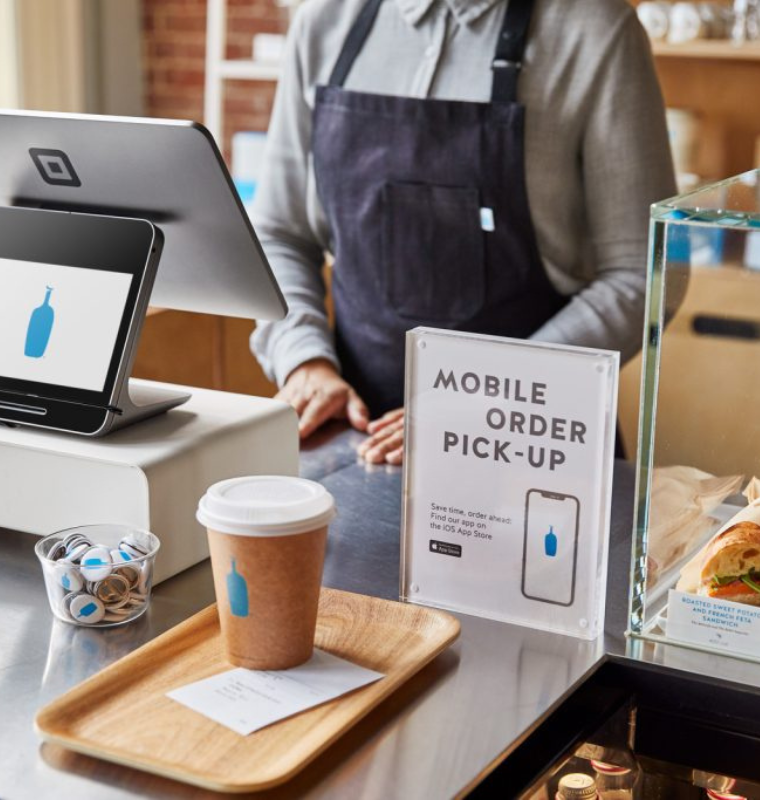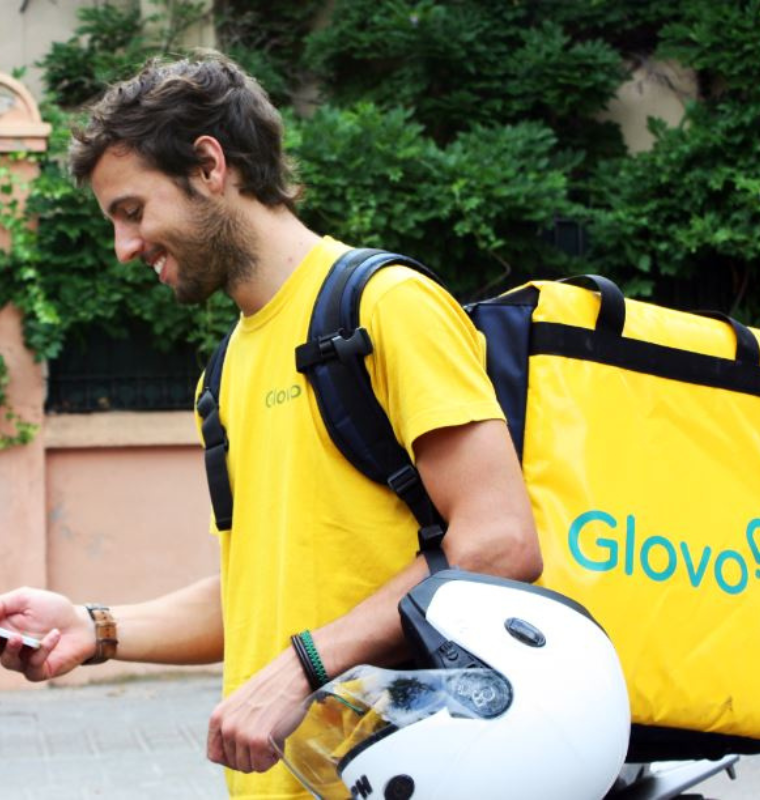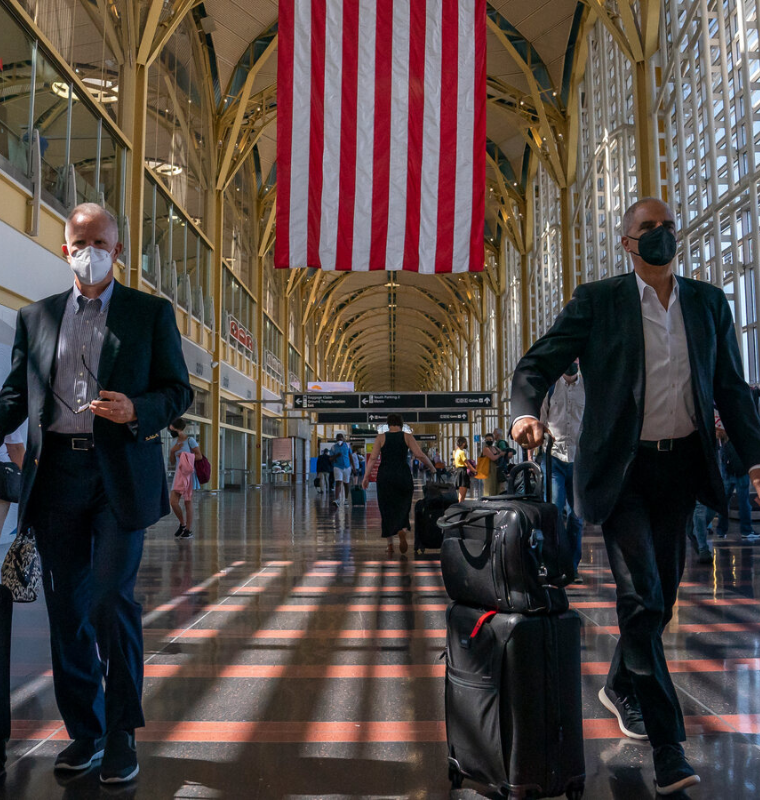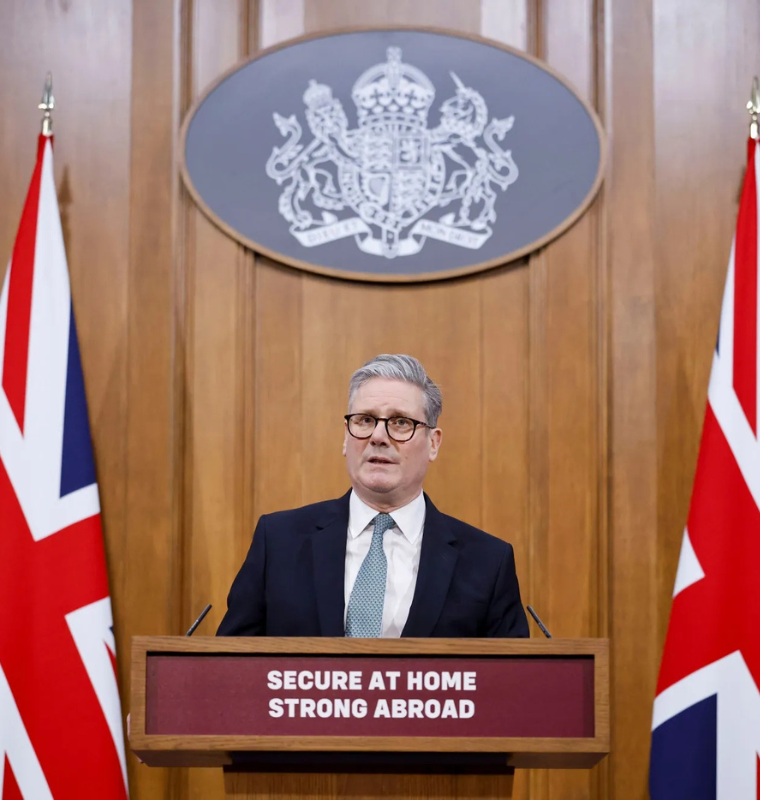Canada Goose Attracts $1.35 Billion Buyout Bids as Bain Capital Eyes Exit
Canada Goose Attracts $1.35 Billion Buyout Bids as Bain Capital Eyes Exit
By
David Goldfarb
Last updated:
August 27, 2025
First Published:
August 27, 2025

Photo: Barron's
Canada Goose, the Canadian luxury outerwear giant best known for its signature parkas, is drawing serious buyout interest as controlling shareholder Bain Capital explores an exit after more than a decade of ownership. Multiple private equity firms and strategic investors have submitted bids that value the Toronto and New York–listed company at around $1.35 billion, people familiar with the matter said.
Buyout Interest and Potential Bidders
Bain Capital, which currently holds about 60.5% of Canada Goose’s multiple-voting shares—giving it majority control with 55.5% of total voting rights—is weighing offers to take the company private. Goldman Sachs is advising Bain on the process.
Among the bidders are private equity groups Boyu Capital and Advent International, both of which have reportedly submitted proposals valuing Canada Goose at about eight times its average 12-month EBITDA. Other potential suitors include Bosideng International, the Shanghai-based down jacket maker, and a consortium led by FountainVest Capital and Anta Sports Products, which together orchestrated the 2019 takeover of Amer Sports, the Finnish sporting goods company that owns Wilson tennis rackets.
Industry experts note that a privatization would allow Canada Goose to restructure and reposition itself without the intense scrutiny and reporting obligations of the public markets.
Bain Capital’s Long Investment Cycle
Bain Capital acquired Canada Goose in 2013 for around $250 million and took the company public in 2017. The investment has been highly lucrative, even though Canada Goose’s market value has dropped significantly from its 2018 peak of $7.7 billion. As of this year, shares traded on the NYSE have risen more than 21%, giving the company a current market capitalization of about $1.18 billion.
The potential exit comes after a 12-year holding period—longer than the typical five- to ten-year private equity cycle—making a sale a natural step for Bain.
Struggles with Growth and Brand Positioning
Canada Goose has faced mounting challenges in maintaining growth momentum. For the fiscal year ending March, revenue slipped 1.1% on a constant currency basis to CA$1.35 billion. Regional sales were mixed, with declines of 2.4% in Canada, 1.7% in China, and 12.1% in the EMEA markets. This marks a sharp reversal from prior years when the brand recorded double-digit growth, including a 23.2% jump in 2022 and 10.9% in 2023.
China—previously Canada Goose’s fastest-growing and largest market—has seen a stark slowdown. After soaring 47% in 2024, sales fell in fiscal 2025, reflecting weaker consumer demand and reputational challenges in the region. Nearly half of Canada Goose’s global stores are in China, making this decline particularly significant.
In the quarter ending June, the company reported a net loss of CA$125.5 million, significantly wider than the CA$74 million loss recorded a year earlier. Analysts highlight this as a sign of deepening pressure on profitability outside peak winter months.
Criticism of Strategy and Marketing
Some analysts argue that Canada Goose has struggled to define its identity in an evolving luxury market. “The company sits awkwardly between functional outerwear and fashion apparel, without excelling in either,” said Yaling Jiang, founder of consumer consultancy ApertureChina.
Critics point to inconsistent branding, quality-control controversies in China, and reliance on mid-tier celebrity endorsements rather than strong luxury positioning. This has contributed to a perception that the brand lacks a distinct voice, undermining its status as a true luxury label.
Trade Risks and Expansion Plans
The company has also flagged risks tied to U.S. trade policy. Higher tariffs could push up raw material and compliance costs, potentially leading to higher prices. However, with 75% of its products manufactured in Canada, the brand remains largely shielded by the United States-Mexico-Canada Agreement (USMCA).
To reduce its reliance on seasonal parka sales, Canada Goose has been expanding into new product categories, including knitwear, footwear, and accessories such as sunglasses. This diversification strategy aims to transform the company into an all-season luxury brand with more balanced revenue streams throughout the year.
What’s Next for Canada Goose
Bain Capital has not yet committed to any offer and is waiting for additional bids. Once a buyer is selected, due diligence is expected to take less than two months before finalizing a deal.
For Bain, a sale would close the book on one of its most prominent consumer brand investments. For Canada Goose, going private may provide breathing room to reset its strategy, invest in product diversification, and reclaim its status in the competitive luxury apparel market.
Popular articles
Subscribe to unlock premium content
How Blue Bottle Coffee Became a $700M Specialty Coffee Icon

Gordon Moore: The Man Behind Moore’s Law and the Tech Revolution

How Shein Became a Fast Fashion Powerhouse Without Traditional Advertising

How Blue Bottle Coffee Became a $700M Specialty Coffee Icon

Gordon Moore: The Man Behind Moore’s Law and the Tech Revolution

How Blue Bottle Coffee Became a $700M Specialty Coffee Icon









